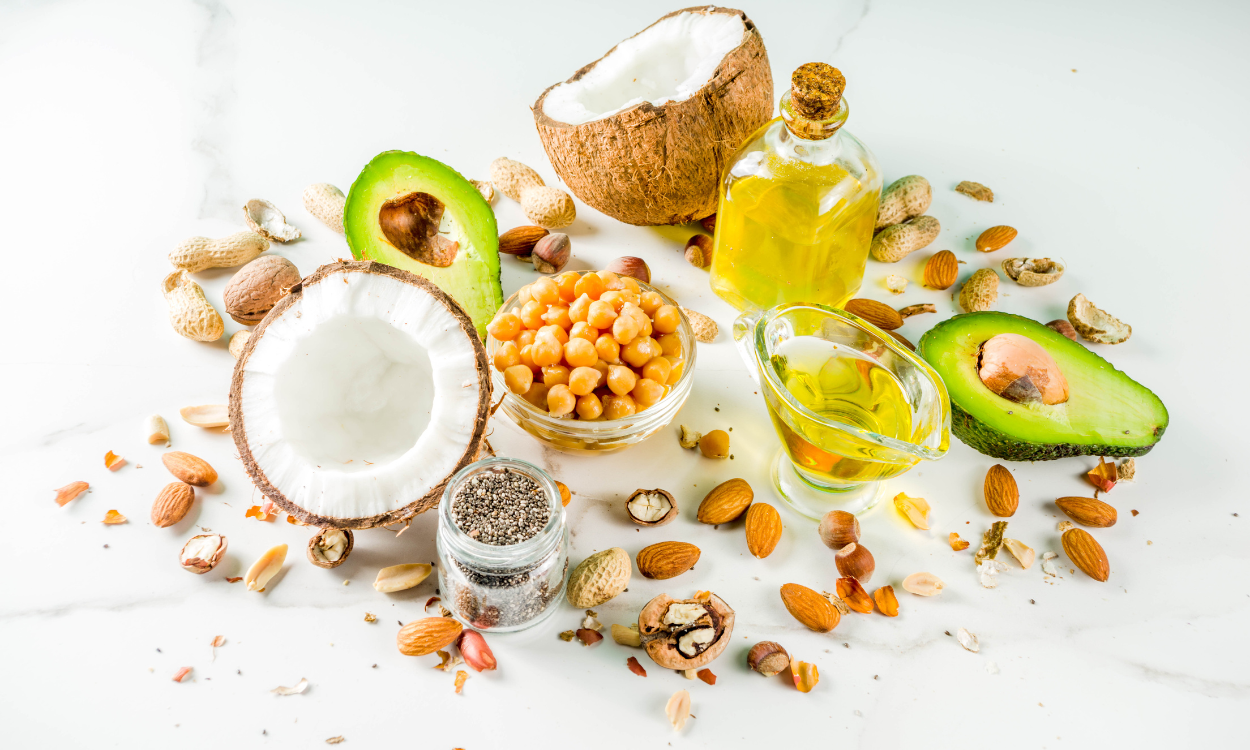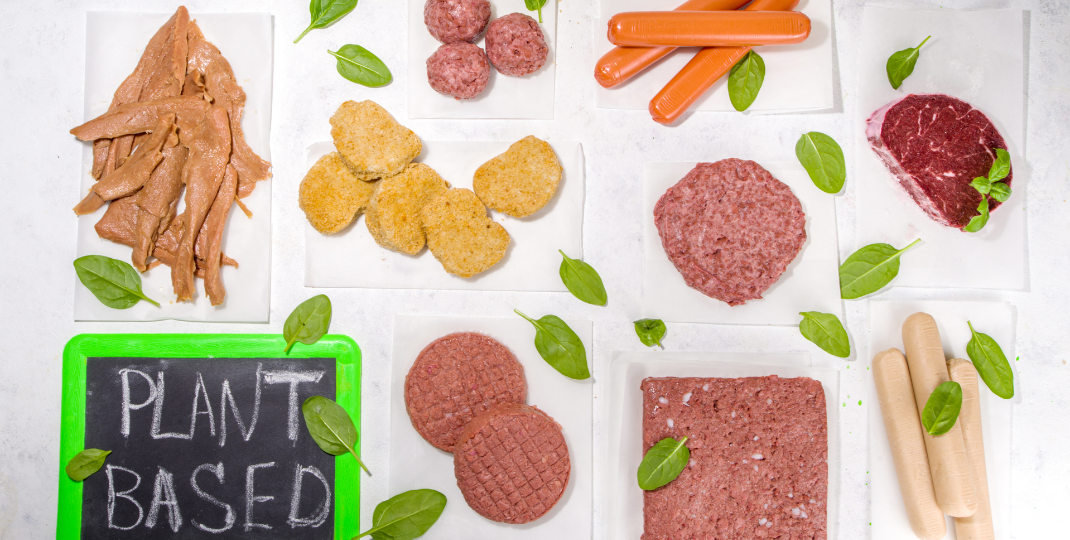Bovine serum albumin (BSA) extraction is a crucial process in biochemistry and biotechnology, as BSA is a widely-used protein standard for various analytical techniques. BSA is a globular protein found in the blood of cows, and its extraction involves separating it from other serum proteins to obtain a pure form for research and industrial applications. This process requires careful handling and precise techniques to ensure the purity and quality of the final product. BSA extraction is essential in various fields, including pharmaceuticals, diagnostics, and food science, making it a fundamental step in many scientific experiments and industrial processes.
Optimizing Extraction of Bovine Serum Albumin from Serum: Finding the Most Efficient Method
The most efficient method for extracting bovine serum albumin from serum is typically through a combination of techniques such as centrifugation, precipitation, and chromatography. Initially, the serum is collected and separated from blood cells using centrifugation. The serum is then treated with chemicals or salts to precipitate out the proteins, including bovine serum albumin. This mixture is then subjected to various forms of chromatography, such as ion exchange or affinity chromatography, to purify and isolate the specific protein. These methods allow for efficient extraction of bovine serum albumin while minimizing contamination and preserving the protein's structural integrity.

How can the purity of extracted bovine serum albumin be confirmed and assessed?
The purity of extracted bovine serum albumin can be confirmed and assessed through various methods, including SDS-PAGE analysis to determine the presence of any contaminating proteins, spectrophotometry to measure absorbance at specific wavelengths characteristic of BSA, size exclusion chromatography to separate and quantify various protein components, and immunoblotting using specific antibodies to detect the presence of BSA. Additionally, mass spectrometry can be utilized to identify and quantify the protein content of a sample, while NMR spectroscopy can provide information on the structural integrity of the BSA. By employing these techniques in combination, researchers can ensure the high purity and quality of their extracted bovine serum albumin for use in various biochemical and biotechnological applications.
Are there any potential risks or side effects associated with the extraction process of bovine serum albumin?
There are potential risks and side effects associated with the extraction process of bovine serum albumin, including the risk of contamination from pathogens such as bacteria or viruses present in the raw materials used for extraction. Additionally, there may be concerns about the use of chemicals or solvents during the extraction process that could potentially remain in the final product and pose a risk to human health if not properly removed. It is important for manufacturers to follow strict quality control measures to ensure the safety and purity of bovine serum albumin derived from animal sources.
How can the yield of bovine serum albumin extraction be optimized for maximum efficiency?
To optimize the yield of bovine serum albumin extraction for maximum efficiency, several factors need to be considered. Firstly, the selection of an appropriate extraction method, such as precipitation or chromatography, that effectively separates the albumin from other proteins present in the sample is crucial. Additionally, optimizing the pH, temperature, and salt concentration during the extraction process can help improve the yield. It is also important to use high-quality starting material and to carefully monitor the extraction process to ensure maximum efficiency. Furthermore, implementing purification steps after extraction can further increase the yield of bovine serum albumin. Overall, fine-tuning the extraction method and conditions while maintaining quality control measures are essential for achieving optimal yield in bovine serum albumin extraction.
What are the best storage conditions for extracted bovine serum bovine serum albumin extraction albumin to maintain its stability and functionality?
The best storage conditions for extracted bovine serum albumin to maintain its stability and functionality include storing it in a tightly sealed container at temperatures between 2-8°C, away from light and moisture. Additionally, it is important to avoid repeated freeze-thaw cycles as this can degrade the protein. Properly storing bovine serum albumin in these conditions will help preserve its structure, function, and overall quality for an extended period of time.

Exploring Alternative Sources and Methods for Obtaining Bovine Serum Albumin
Yes, there are alternative sources and methods for obtaining bovine serum albumin aside from serum extraction. One common alternative source is recombinant bovine serum albumin, which is produced using genetic engineering techniques in bacteria or yeast. This allows for a more controlled and efficient production process compared to traditional serum extraction methods. Additionally, synthetic bovine serum albumin can also be produced chemically in the laboratory, although this method is less commonly used due to its complexity and cost. These alternative sources provide a sustainable and reliable supply of bovine serum albumin for various research and industrial applications.
What factors influence the quality and consistency of bovine serum albumin extracted from different sources?
The quality and consistency of bovine serum albumin extracted from different sources can be influenced by various factors such as the age, breed, health, and diet of the cows from which it is sourced. Additionally, the method of extraction, purification, and storage of the protein can also impact its quality and consistency. Contamination with other proteins or impurities during the extraction process can also affect the purity and functionality of the bovine serum albumin. Furthermore, variations in processing techniques and handling practices across different suppliers can result in differences in the final product, leading to inconsistencies in the quality of bovine serum albumin obtained from different sources.
Minimizing the Environmental Impact of Bovine Serum Albumin Extraction Through Sustainable Practices and Technologies
The environmental impact of bovine serum albumin extraction can be minimized through sustainable practices and technologies by implementing measures such as utilizing renewable energy sources for the extraction process, optimizing the use of water and reducing waste generation through recycling and reuse. Additionally, incorporating green chemistry techniques to minimize the use of harmful chemicals and implementing efficient purification methods can also help reduce the overall environmental footprint of the extraction process. Furthermore, promoting the use of ethically sourced and sustainable bovine serum albumin from certified suppliers can ensure that the extraction process is conducted in an environmentally responsible manner. By adopting these sustainable practices and technologies, the environmental impact of bovine serum albumin extraction can be significantly reduced.
The Efficiency of Bovine Serum Albumin Extraction Process
1. Bovine serum albumin (BSA) is a commonly used protein in various research bovine serum albumin extraction applications, such as enzyme assays, cell culture, and immunoassays.

2. The extraction of BSA from bovine serum typically involves precipitation of other proteins with chemicals like ammonium sulfate or ethanol, followed by purification through techniques like dialysis or chromatography.
3. It is important to handle bovine serum and BSA extracts carefully to prevent contamination and maintain their integrity.
4. BSA should be stored at the recommended temperature and conditions to prevent denaturation or degradation.